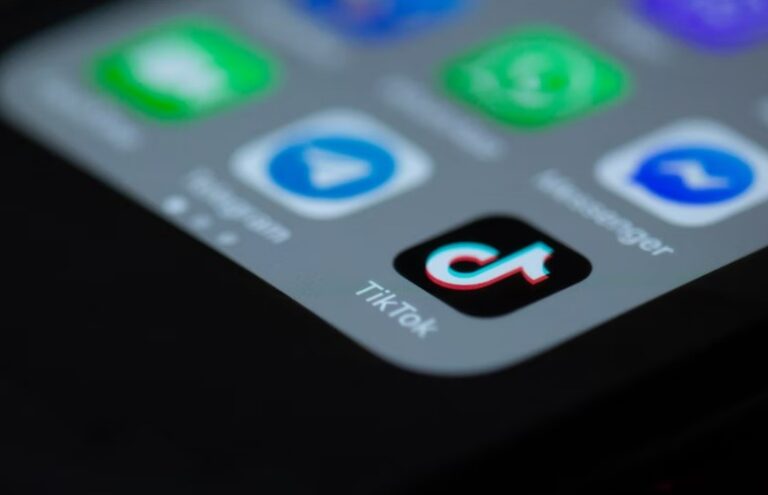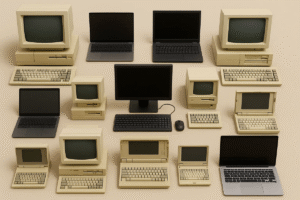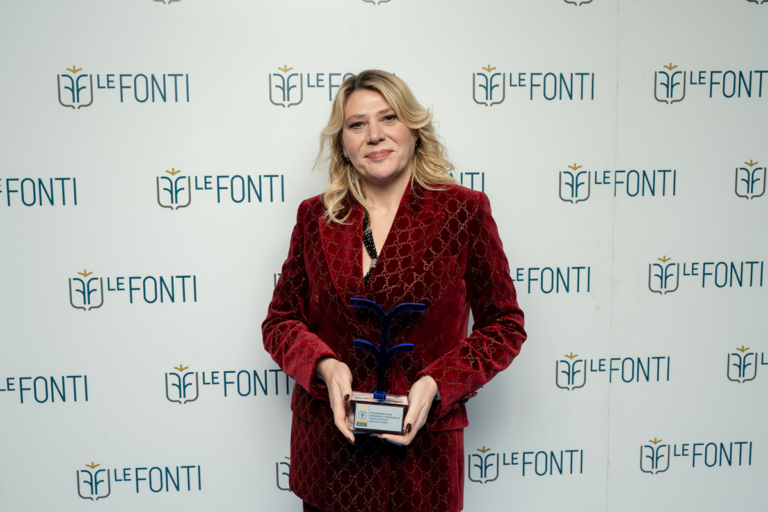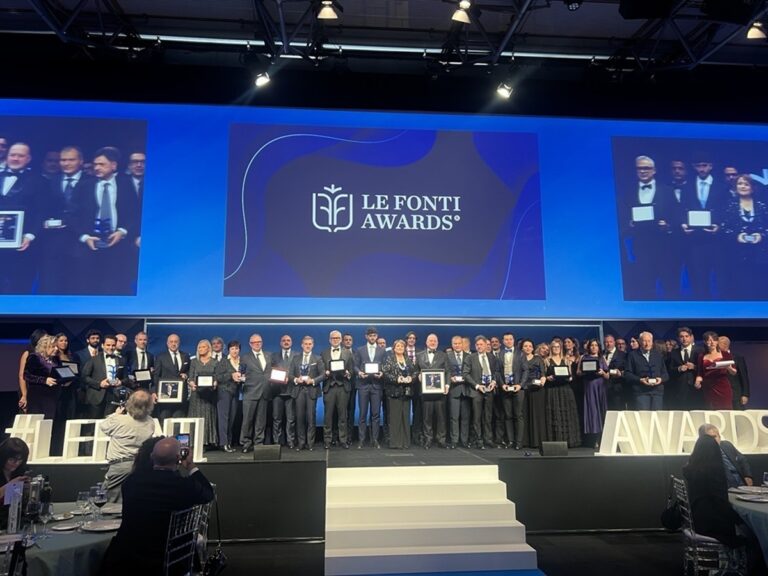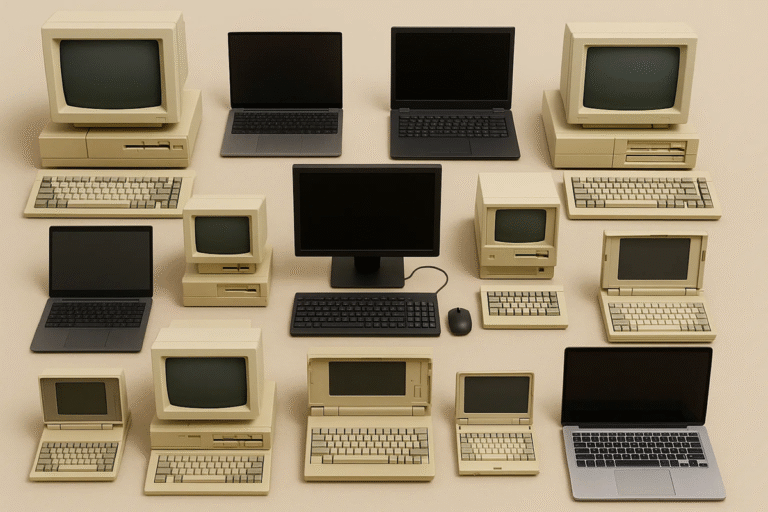The world of social media is experiencing a time of great turmoil, with the rise of new platforms and the imposition of restrictions on existing ones. In this context, TikTok, ByteDance’s video sharing app, is experiencing uncertainty, with more and more countries imposing bans and restrictions on the Chinese platform. However, not everyone agrees with these measures, and many world leaders continue to use TikTok to communicate with their followers.
But who are the most followed world leaders on TikTok? Only the heads of state or government of 58 countries have an official account on the platform.
Table of Contents
The ranking of the most followed world leaders on TikTok
The ranking of the most followed has Nayib Bukele, the president of El Salvador, in first place with 5.5 million followers. Bukele became famous on TikTok because of his videos showing his daily life as president and his interactions with Salvadoran citizens.
He follows Brazilian President Luiz Inácio Lula da Silva, with 4.3 million followers. Lula also uses TikTok to communicate with young people and promote his ideas. The app has also been a key communication channel to promote his campaign for the 2022 presidential election.
In third place is French President Macron, who uses TikTok to communicate with his 3.9 million followers on the platform.
In fourth place is Bongbong Marcos, the president of the Philippines, with 1.7 million followers, followed by Colombia’s President Gustavo Petro in fifth place and Ecuador’s President Guillermo Lasso in sixth place.
The only woman on the list is Italian Prime Minister Giorgia Meloni, in seventh place with 1.1 million followers after only about a year on the platform.
Completing the top ten most followed world leaders on TikTok are Nicolas Maduro, president of Venezuela; Anwar Ibrahim, prime minister of Malaysia; and Gabriel Boric Font, president of Chile.
Read also: The most popular videos and creators on TikTok in 2022: the ranking
Why do world governments consider TikTok dangerous?
Despite the popularity of these leaders on TikTok, the platform continues to raise concerns regarding national security and the protection of its users’ sensitive data.
In particular, there is concern about the app’s collection of user data and Chinese ownership of TikTok through its parent company ByteDance.
For this reason, the European Union has imposed bans on TikTok on devices used by its staff due to concerns about cybersecurity.
The European Parliament has “strongly recommended” that its members remove the app from their smartphones and other devices, stressing the security and data protection risks.
In addition, other countries such as India and the United States have taken more drastic measures, such as a total ban on government officials.
However, these decisions have been met with controversy and criticism, as they have been seen as politically motivated rather than cybersecurity concerns.
Thus, it remains to be seen how the situation will evolve for TikTok and the world leaders who choose to use it to communicate with their followers.
There are legitimate concerns about the security of user data and the transparency of TikTok’s data collection policies, but at the same time the app continues to be popular and useful for advertising and political communication.
It will be important to strike a balance between these two issues to ensure the security of user data without restricting freedom of expression and communication.

